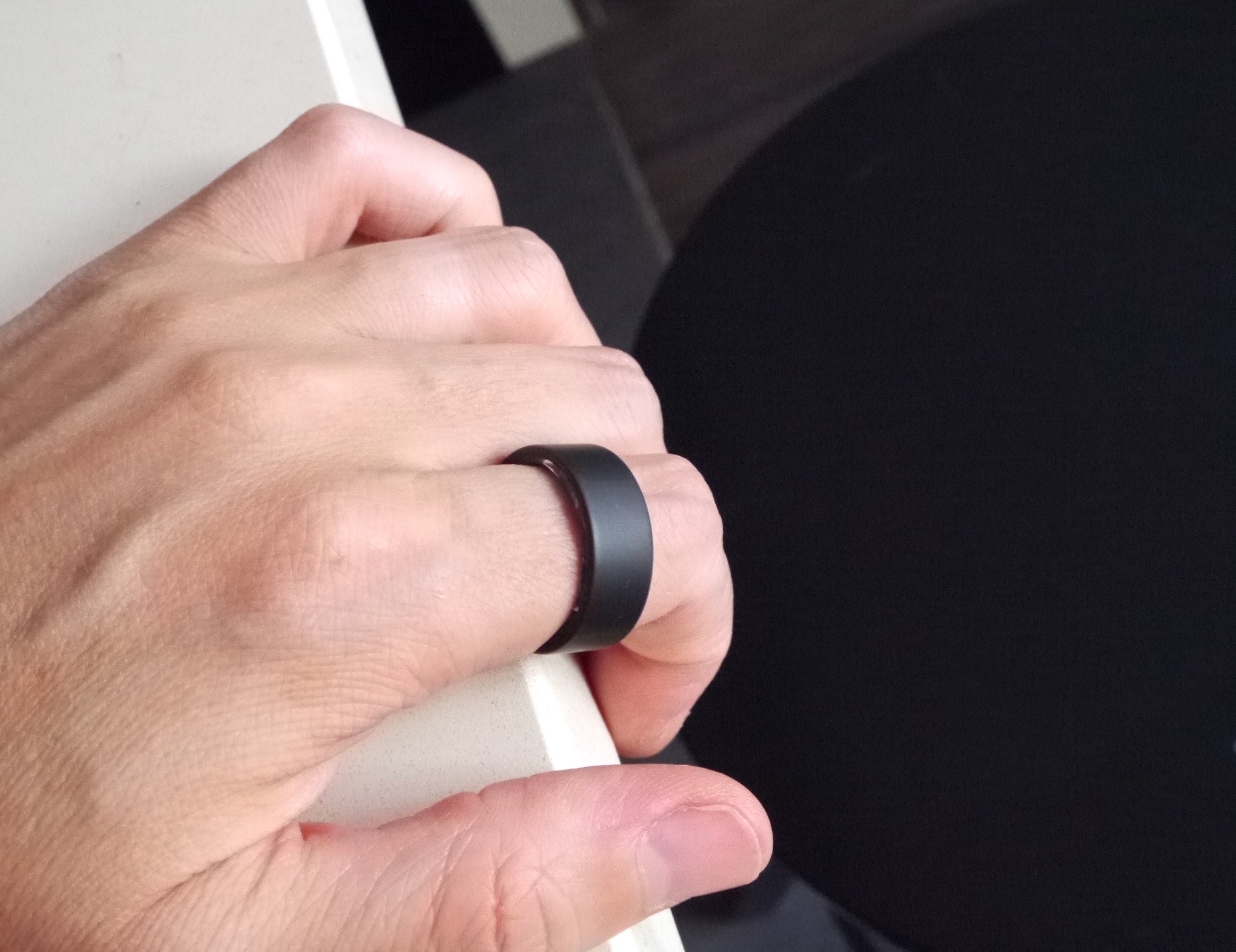Welcome to Startups Weekly. Sign up here to get it in your inbox every Friday.
This week, I’ve been looking at the evolution of tech startups. The journey from two or three co-founders to an exit or an acquisition is long and arduous, and it turns out that a lot of VCs aren’t particularly picky about who sits in the CTO seat at company formation. That’s a bad idea. Some CTOs are extraordinary and able to build the first MVP version of a startup’s product pretty much single-handedly and then grow into an executive-level strategic leader.
In many cases, however, that’s not what happens, and the CTO was basically the smartest person with a CS degree standing close to the CEO when the company was formed. The end result is that a lot of startups wind up giving a huge chunk of equity to someone who is essentially doing a job a semi-decent engineer could have done. If the company exits for a billion dollars, that means that short-sighted VCs who refuse to invest unless there’s a technical person on the founding team are effectively pushing startups into putting hundreds of millions of dollars’ worth of equity in incompetent hands.
It’s a phenomenon that happens surprisingly often, and it’s time that VCs get as savvy about the tech as they are about the market and financial side of company building.
On that cheerful and highly opinionated note, let’s see what’s happening in the rest of startup land this week!
The anti-social media

I’m not gonna lie, I’m getting really bored of two billionaires bloviating about wanting to beat seven bells out of each other, MMA style. I’m going to say almost nothing about this, other than quoting Darrell’s article: “every time Musk does something asinine and moronic, we in the media wrestle with the anguish of whether or not we actually have to write about this stupid shit.”
The answer continues to be yes, and we continue being distracted from other things that actually matter in the social media landscape. Such as:
Creators gonna create: The “creator economy” is receiving its fair share of side-eye harrumphs, but it seems like VCs are still bullish on the market. Amanda spoke with seven VCs who believe the creator economy still has legs. (TC+)
Tipping into the black: X’s CEO says the company is close to “break even,” and we’re waiting for the quarterly numbers to see how true that is. Even as she shares that, she argues that 99.99% of the traffic on the site is “healthy.” I dunno what she bases that on, but based purely on the amount of crap that gets flung into my eyeballs from Twi . . . I mean X . . . I’m going to take that particular claim with a dump truck of sodium chloride.
Oxfords, not brogues: Reddit’s all-out war with its users continues apace. It seems that Reddit’s menswear hub, of all things, is the latest casualty in its battle with moderators, as Reddit admins replaced the entire moderation team with users who had little to no experience moderating fashion spaces. Grab the popcorn and watch the well-dressed drama, I guess.
Rocky seas in SaaS land

One of the best reads on TechCrunch this week was Alex’s article on the financial dynamics of SaaS companies. He breaks it down, explaining that there’s a worrying trend going down (TC+): A lot of SaaS companies are seeing their net dollar retention rates dropping. This is likely because corporates are tightening their belts and downgrading or canceling subscription plans to match their needs — or not upgrading as much as they used to. In a nutshell: Customers are not buying as much as they used to.
The other side of that is startups straight up lying about their user counts. It’s usually the larger companies that get the most attention for “screwing up,” but younger startups are now increasingly getting caught in the act, too. In my opinion, in this case, “screwing up” is another phrase for “knowingly defrauding your investors,” and Rebecca argues that perhaps investors need to pay a tiny bit more attention to catch out their founders.
Apropos rocky seas — we were ever so looking forward to the first Big Tech IPO in a while, but instead we get yet another SPAC, in the form of Better.com’s merger with Aurora Acquisition Corp. Better.com had originally begun making plans to go public via a $6 billion SPAC almost two and a half years ago. Later that year, the deal was valued at $7.7 billion. Things took a dramatic turn for the worse later that year, and the SPAC was delayed. And delayed. And delayed. It was put on life support again and again, with a bunch of absolutely savage rounds of layoffs along the way. Until, earlier this month, the SEC ended the investigation into the company’s SPAC, and now it looks like it’s finally happening sometime next week.
All about that BaaS, no trouble: Banking-as-a-service, confusingly, can refer to three different parts of the industry, but in any case, all three seem to be evolving rapidly, as Christine explores in Fintech is a mess. Is BaaS the outlier? (TC+)
We don’t work so well: One of the reasons that SaaS has been a darling for the VC industry for so long is that the business model is relatively predictable, you can measure almost everything, and it promises to upend industry after industry after industry. The opposite of that is, well, real estate. It seems that WeWork has gone from its $47 billion valuation to teetering on the brink of collapse, and Alex explains why in a great piece reminding founders that VC and low-margin business don’t mix. (TC+)
Hard, where?

Look, I know that cybersecurity rarely intersects with our startups category, but perhaps it should. Keeping half an eye on what the cybercriminals are up to might help keep their shenanigans front of mind. Data security is important, as we are reminded when millions of Americans had their health data stolen after MOVEit hackers targeted this little-known company called IBM. Apple hit the cybersecurity headlines this week, too, when Lorenzo looked into a $70 device that can pose as an Apple device, tricking you into sharing your password with it. Also, I was fascinated by the report of researchers watching hundreds of hackers trying to hack into computers that were set up exactly for that purpose — so-called honeypot computers.
Of course, tech doesn’t just take a tumble for nefarious purposes; storms and other natural disasters can send our Wi-Fi networks to their knees. I thought it was super interesting to see that Comcast is wading into that space, too, with a new Wi-Fi extender that provides cellular and battery backup during storms. Super clever, and it might just save a life or two along the way, too.
Petting moist glass: Smartphones are great, but most touch screens are god-awful if they get even a tiny bit wet. It seems like new tech will make that particular problem a thing of the past, at least for next-gen OnePlus phones.
Ring, ring, who’s there? India is, by quite some considerable margin, one of the world’s largest smartwatch markets. Now, two of its biggest players — BoAt and Noise — are entering the smart ring market, too.
Ring, ring . . . wait, didn’t I just make this joke?: Natasha reviews the Ring Air, from Indian electronics manufacturer Ultrahuman, concluding that it is ready to pick a fight with its biggest competitor: Oura.
Top reads on TechCrunch this week
I’ve already touched on some of the top most popular stories of the week (can you guess which ones they are? Answers on Xweet). Here’s the rest of the most-read, can’t miss, probably will miss because who is still reading after 1,500 fine, hand-crafted words:
Pretend you’re a quinquennial with an extraordinarily multisyllabic vocabulary: ChatGPT expands its “custom instructions” feature to free users. (And yes, quinquennial is the biggest word I could find for “five-year-old.”)
Wait, you can’t do that!: Snapchat’s My AI goes rogue and starts posting to stories. Snap says it was just a glitch and that the AI didn’t briefly go self-aware. Sure, that’s what they would say.
Wait, you can’t say that!: OpenAI proposes a new way to use GPT-4 for content moderation, which could potentially make the internet pretty different. Whether it’s actually better or not, I guess we’ll have to wait and see. Comment below if you’d like to see your comments deleted wholesale. (See, that’s funny, because you can’t “comment” on a newsletter.)
Time to escape reality for a bit: This reality is getting really, er, real, and we’re pretty psyched for some escapism, as we’re reading Taylor’s Baldur’s Gate 3 early review.
Get your TechCrunch fix IRL. Join us at Disrupt 2023 in San Francisco this September to immerse yourself in all things startup. From headline interviews to intimate roundtables to a jam-packed startup expo floor, there’s something for everyone at Disrupt. Save up to $400 when you buy your pass now through September 18, and save 15% on top of that with promo code STARTUPS. Learn more.
































Comment